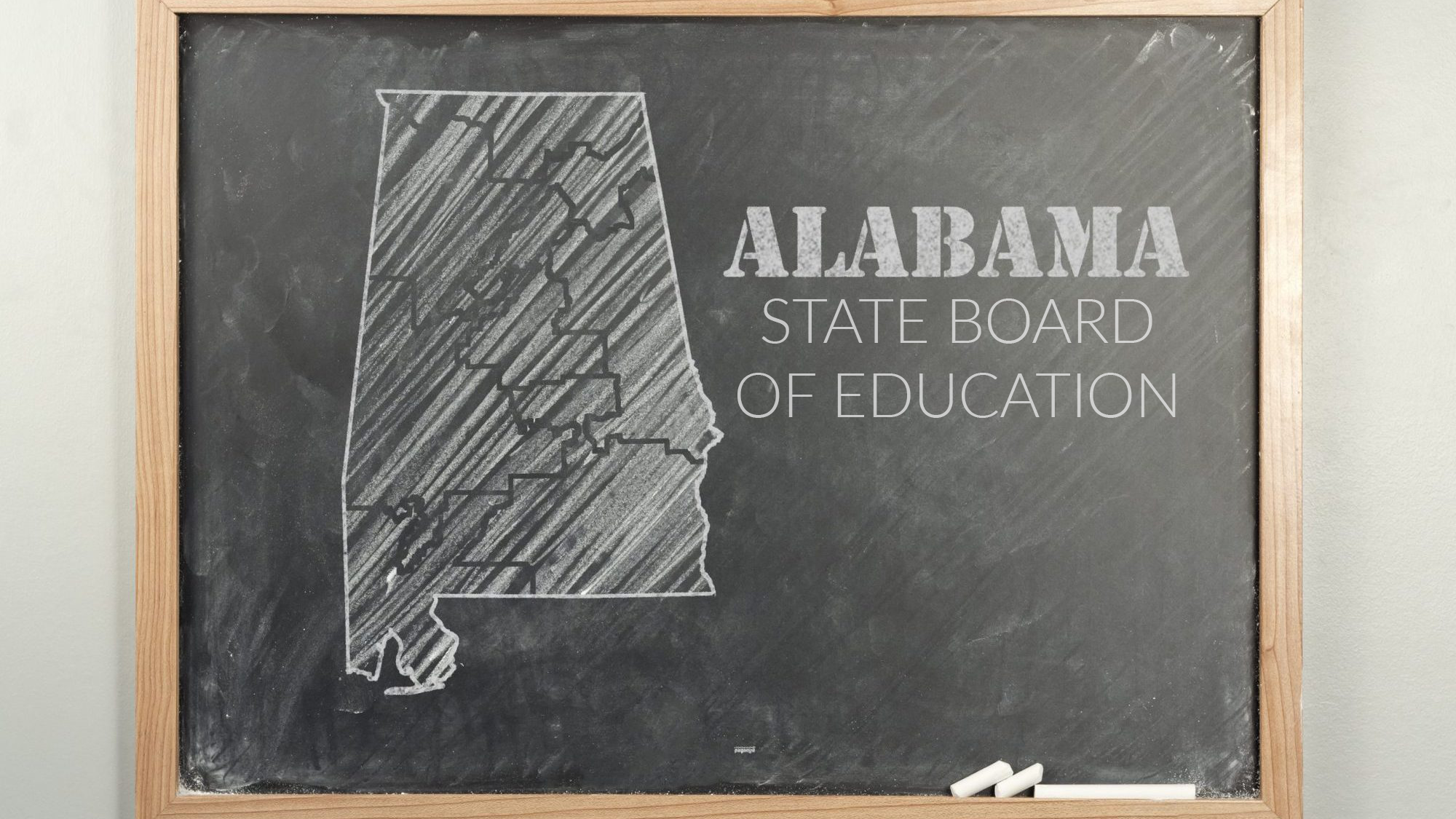Alabama board of education member Ella Bell, D-Montgomery, spoke out during a work session Thursday claiming that Alabama’s landmark tax credit scholarship program for low income families was part of an effort to “destroy a whole race of people.”
“They took money from the poorest counties in the state to send kids to private school,” Bell claimed, after accusing the program of “stealing” from the state. “That’s just awful.”
Trouble is, that’s just not true.
The small yet popular program created by the Alabama Accountability Act only amounts to one half of one percent of the state’s multi-billion-dollar education trust fund – a fund that has grown well beyond the minuscule cost of providing the scholarships, according to state budget data.
And more than 80 percent of the parents who received scholarships last year from the two largest providers are minorities, according to an AL.com report. All made at or below 185 percent of the federal poverty level when they applied, as required by law, which is also the eligibility requirement to receive free or reduced priced lunches.
Disabled veteran Dalphine Wilson of Montgomery, who is African-American, is one of those parents.
The single mother of two uses the scholarships to send her children to private school instead of the city’s troubled public school system.
Wilson’s children dropped to one knee in protest during a recent Montgomery County School Board meeting after its members approved a resolution demanding a repeal of the scholarship program.
Her daughter wept after the meeting, afraid she’d lose her scholarship. Her son asked if they could leave Alabama.
“Parents deserve a choice,” said Wilson, 44, who applied for scholarships after seeing what she described as the “overwhelming” and chaotic culture in her daughter’s elementary school classroom. “And your choice should not be, ‘Gosh, I really hope my child can get into a magnet school, and if they can’t, their only option is this failing school that is under state intervention.’”
She said if anyone is stealing, it’s those who want to take away the scholarships.
“Why rob us of a choice?” Wilson asked.
Ryan Cantrell, a school choice advocate in Montgomery who was an aide in the State Senate when the act passed in 2013, said the program was specifically designed to provide parents like Wilson with a choice that was once only available to higher income families.
“We’re talking about families who absolutely had no other option,” he said. “For the life of me, I don’t understand how an elected official could consciously vote to take that away from a low-income child. It boggles the mind.”
Cantrell said the “heart of the problem” is that opponents of the scholarship program are primarily concerned with the public education system itself, not the students it was established to serve.
“We are so focused … on the adults in the room, and our education system is not built to serve adults,” he said. “Our education system is built to serve students, and whatever it is that works for kids ought to be what we’re doing.”
Cantrell also disproved Bell’s claim that the program has been “stealing” from public school systems. On the contrary, he said, public schools have more funding and less students now than when the scholarship program began.
Montgomery’s school system, for example, has seen its funding increase by more than $8 million, up 5 percent since 2014, even while the overall student population has decreased by more than 7 percent, according to Cantrell.
During the board meeting, Bell also said the program “is absolutely horrifying to me because already I’m black and I grew up in Montgomery County 70-years ago and I know all the tricks.”
But the scholarships aren’t a trick. They’re a lifeline, a choice, for thousands of kids who otherwise wouldn’t have one. Alabama shouldn’t allow that choice to be taken away because of past wrongs.
The plain fact today is that the Alabama Accountability Act is a tiny fraction of our state’s education budget, it gives low-income families a sometimes life-altering choice, and almost all of the students receiving scholarships are minorities.
We should all be proud of that.
Because in the end, this is about what we believe education dollars are for – the system or the student.
Please call your state legislator and local school board member today and let them know what you think.
Rachel Blackmon Bryars is a senior fellow at the Alabama Policy Institute. Contact her at rachel@alabamapolicy.org.



















































